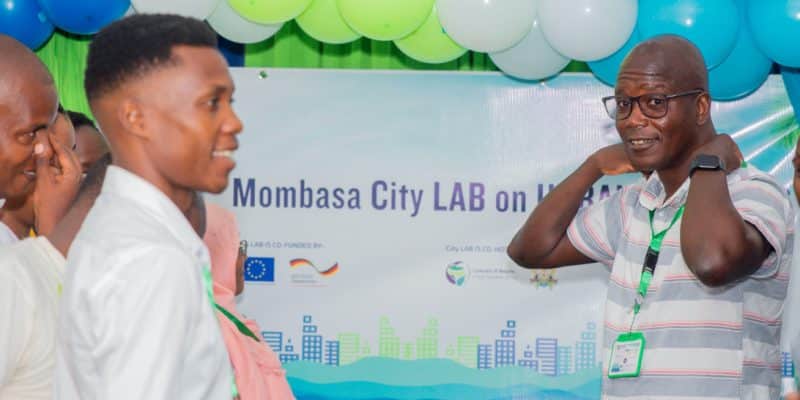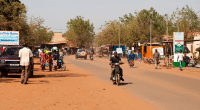The southern municipality of Mombasa, which is exposed to climate risks, wants to set an example of resilience for other Kenyan cities. It has just launched the "Local Adaptation Booster (LAB)" platform with support from Germany.
In Kenya, Mombasa County, located 485 kilometers from Nairobi, is regularly the target of extreme weather events, particularly floods, which destroy infrastructure and people’s livelihoods. As a result, the municipality has just launched the “City Local Adaptation Booster (LAB)” initiative. The technology platform is supported by the German Agency for International Development Cooperation (GIZ).
It has been provided by the Kenya Marine and Fisheries Research Institute (KMFRI) and MDF Training and Consultancy. The LAB will enable “co-development and co-design of concrete solutions for the complex challenge of climate adaptation of the city through the optimal use of resources for sustainability. It will also harness global and local knowledge to tackle the problem of urban flooding,” explains Francis Thoya, Deputy Governor of Mombasa.
At the end of the experimental phase, which is expected to last a year, the LAB will provide solutions and results that will be passed on to various stakeholders such as municipal environmental officers, schools, non-governmental organizations (NGOs), the private sector and civil society. This approach is fully in line with the recommendations of the Covenant of Mayors for Sub-Saharan Africa (CoM SSA). “The frequency and intensity of natural disasters will increase, requiring urgent action by Mombasa County and all stakeholders to increase resilience,” says the South Africa-based institution.
Climate finance, a response to the consequences of flooding
Mombasa has not escaped the deadly floods that lasted for almost two months across the Horn of Africa (Ethiopia, Somalia, Kenya), due to heavy rainfall exacerbated by the El Niño phenomenon. Many families who lost their homes and livestock to the waters were forced to return to less affected areas of Kenya. This situation of vulnerability, which also affects several other African cities, should soon come to an end thanks to the capital mobilized by platforms of local elected representatives.
Read also- African Climate Week: 5 days to shape the economic and climate future
For its part, the C40 raised up to $470 million from foundations and development partners at the 28th United Nations Climate Conference (COP28) held in November 2023 in Dubai, United Arab Emirates (UAE). The funds will be used primarily to finance resilience to natural disasters and green projects in urban areas.
Benoit-Ivan Wansi







